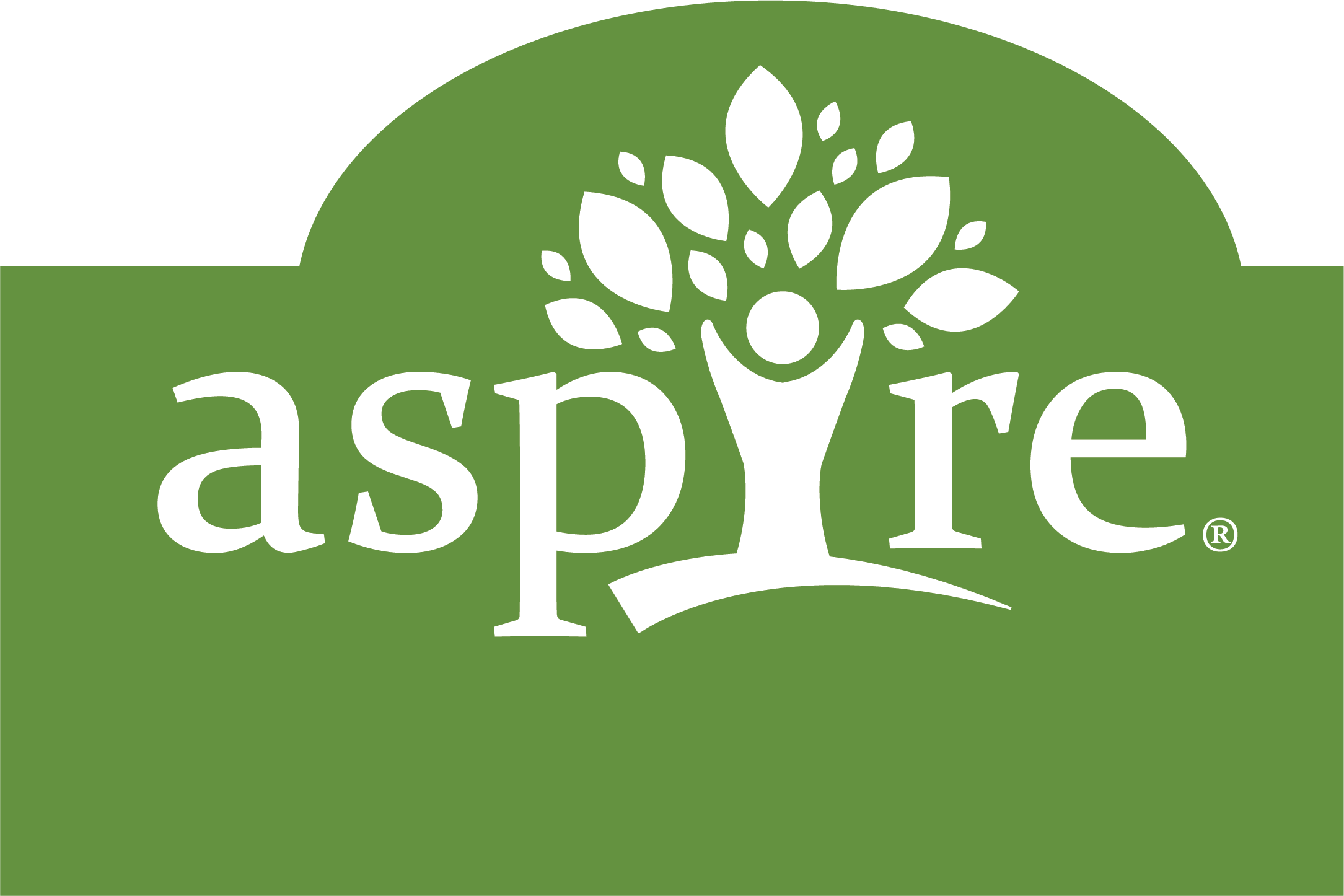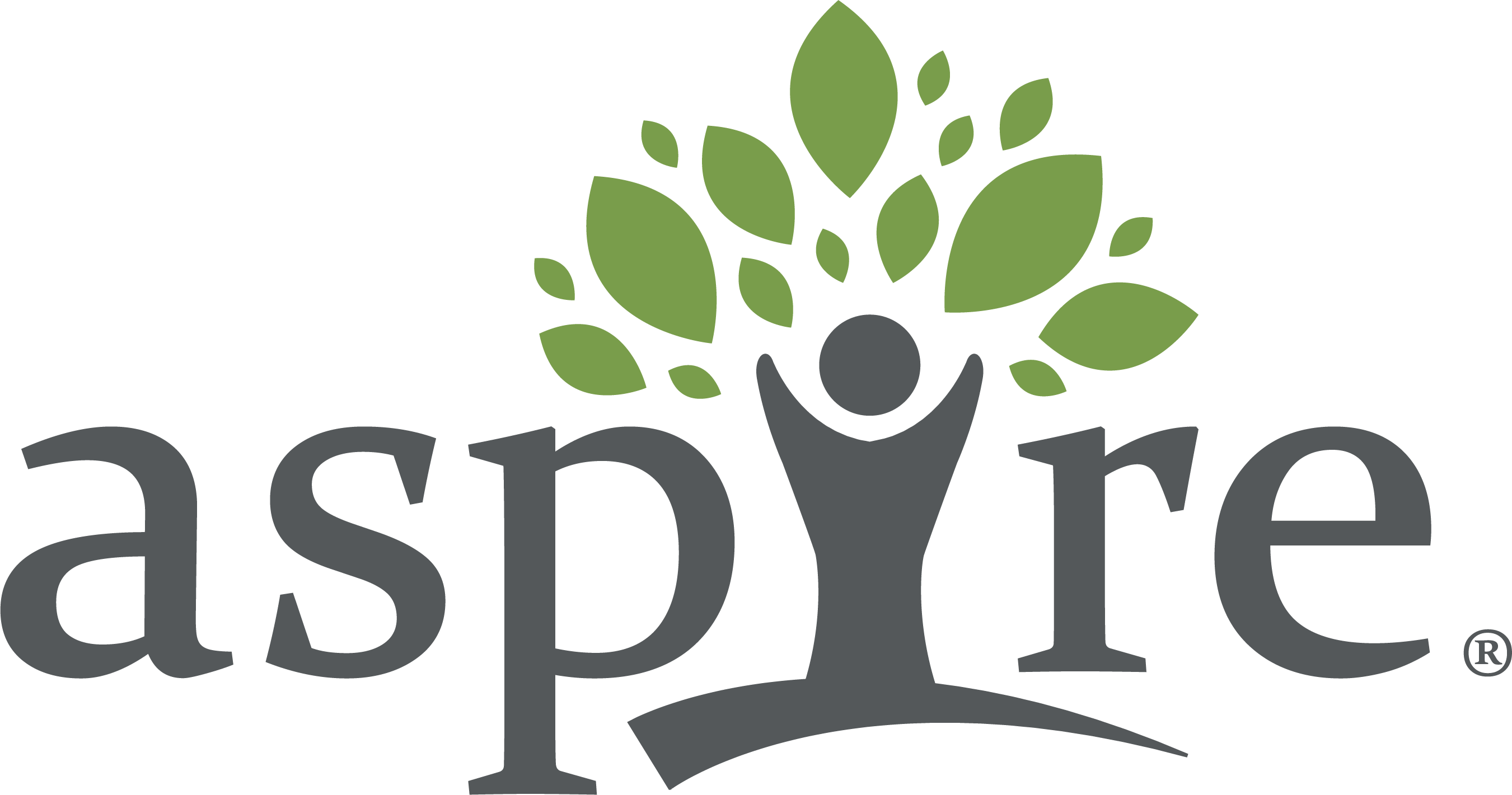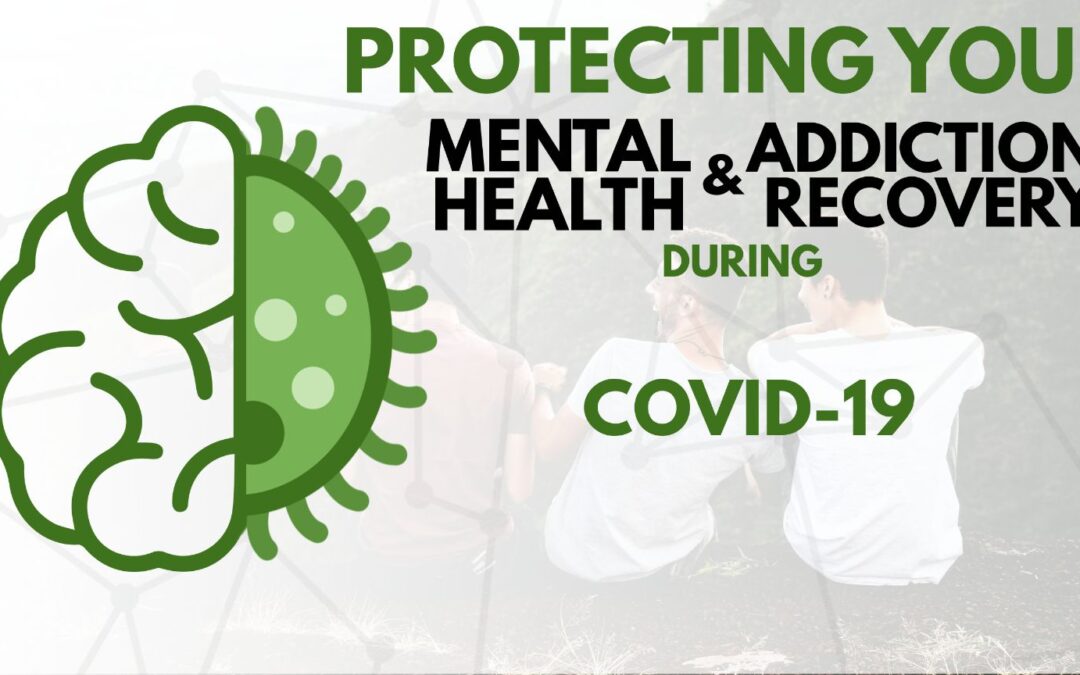The coronavirus disease pandemic (COVID-19) is extremely stressful for everyone. The fear and anxiety caused by the unknown outcomes can be overwhelming, so learning to cope with the stress is essential. Everyone is having to change their lifestyle with the “stay at home” orders to limit and control the spread of the disease. We have all learned this new term “social distancing” and are struggling to support our family, friends, and community by complying with this process.
For someone who is recovering from addiction and suffering from mental health disorders, their support network becomes an important part of their recovery process. Now, amidst this pandemic, the idea of distancing socially can be very scary for someone who needs their social support for healthy mental fitness. There are several ways to remain in contact with your support network while maintaining social distancing, and many techniques to help you to deal with all the stress. The first step is to recognize that everyone’s reaction to stress is different, however, those suffering from mental health issues and addiction tend to have stronger reactions to stress.
Stress Triggers and Feelings regarding COVID-19
- Fear and worry about your health and health of your loved ones
- Fear and worry about job security and loss of income
- Fear and worry about challenges securing groceries and other essential items
- Uncertainty and frustration about unknown future
- Loneliness associated with feeling cut off from world and loved ones
- Boredom and frustration from inability to engage in regular day-to-day activities
Stress Symptoms regarding COVID-19 Pandemic
- Changes in sleep or eating patterns
- Difficulty concentrating
- Worsening of chronic health issues
- Increased use of alcohol, tobacco, or other drugs
- Depression Symptoms
- Feelings of hopelessness
- Changes in appetite
- Sleeping too little or too much
- PTSD Symptoms
- Intrusive distressing memories
- Flashbacks
- Nightmares
- Changes in thoughts and moods
- Easily startled
If you or a loved one is experiencing any of the above symptoms, contact us or one of the resources listed IN THE LAYOUT BELOW.
Tips to Relieve Stress
One way you can relieve the stress occurring with the COVID-19 pandemic is to educate yourself about the disease. Visit the Centers for Disease Control website, or World Health Organization website to get reliable information. If you know the proper techniques to protect yourself, including washing your hands, social distancing, etc., that will help to reassure you that you are doing everything possible to protect yourself and your loved ones. Understanding the actual risk to you and those around you will help feel safer. Media coverage relies on the shock factor to entice people to watch their shows, so they strive to make people feel they are in immediate danger, when the risk is actually very low for most people. Avoid getting your facts from social media, where most of the information is inaccurate.
Talk with your employer to reduce your financial stress if you are unable to work during the “stay at home” orders. Find out your options for income assistance by contacting the U.S. Department of Labor or the Employment Development Department for the State of California. If you are struggling financially, contact your mortgage lender/landlord, utility providers, cable and internet provider, and any other creditors and request alternative payment arrangements as needed. Be honest with your creditors and explain your situation and what you can and cannot afford. Many companies are required by federal or state law to extend payment arrangements during this pandemic.
Tips to Relieve Stress During COVID-19 Pandemic
- Stay up to date and educated, relying on credible sources
- Avoid watching news reports for long periods of time as it increases anxiety
- Sign up for emergency alerts via text or email to ensure you receive updates without having to continually inundate yourself with stressful news
- Connect with others you trust to reduce anxiety, depression, loneliness, and boredom
- Use the telephone, email, text, video chat, and social media to connect
- Relax with deep breathing, stretching, meditation, or prayer
- Take care of your body, eat healthy, exercise regularly, get plenty of sleep, avoid alcohol and drugs
- Unwind by engaging in activities you enjoy
- Pace yourself with any necessary stressful activities – do something fun afterwards
- Talk with loved ones about experiences and feelings, if you find it helpful and not stressful
- Concentrate on positive thinking, journal things you are grateful for or that are positive
- Remember that children are infected by what they hear and see also
Stay Connected with Your Mental Health Care Provider
It is important to stay connected with your counselors, therapists, and doctors regarding any need for medication refills or adjustments, to discuss any symptoms you may be experiencing, or just to talk if you are stressed and need help. Aspire Counseling Services is still seeing patients, in person and through telehealth services with Alleva. Staff at the center are taking extra precautions with frequent disinfecting of the facility throughout the day, temperature checks at the door, and wearing of face masks. All support groups still meeting in person are following the CDC recommendations of less than 10 people and seating a minimum 6 feet apart. Some groups are meeting through telehealth services.
It is important to remember that this pandemic will come to an end and life will resume. When the social distancing orders are released, and you get back to normal activities and work, you will experience mixed emotions, including a sense of relief. If you or any loved ones contracted the disease you may feel sadness or anger. There may be fear of contracting it from others or others may be fearful of contracting it from you. Educate yourself about the disease and any potential continuing risk to you or others. Share what you learn with others to calm their fears, as well as yours. Seek help if needed.
If you are feeling overwhelmed with emotions such as sadness, depression, anxiety, or feel like you want to harm yourself or others call one of these numbers:
Aspire Counseling Services
(888) 585-7373
Website: https://aspirecounselingservice.com
National Suicide Prevention Lifeline
English: 1 -800-273-TALK (8255)
Español: 1-888-628-9454
TTY: 1-800-799-4TTY (4889)
Substance Abuse and Mental Health Services Administration (SAMHSA)
National Helpline Toll-Free: 1-800-662-HELP (4357)
Website: http://www.samhsa.gov/find-help/national-helpline
*Note: Inclusion or mention of a resource does not imply endorsement by Aspire Counseling Services
Aspire Counseling Services is here to support you throughout this pandemic period. We are still treating patients and will gladly help you with any additional mental health issues you are experiencing during this crisis. Call us today and stay in control of your mental health.

Planting Seeds, Saving Lives
Copyright © 2026 Aspire Counseling Services® | Privacy Practices | Terms and Conditions | Powered & Designed by Citryn, LLC

Planting Seeds, Saving Lives.
Available 24/7 (888) 585-7373
FOLLOW US ON SOCIAL MEDIA
MENU
HOME
OUR SERVICES
LOCATIONS
STAFF
ABOUT ACS
BLOGS
RESOURCES
CONTACT US
LOCATIONS
ARROYO GRANDE
ACS BAKERSFIELD
ABH BAKERSFIELD
FRESNO
SIMI VALLEY
Privacy Practices
Copyright © 2020 Aspire Counseling Services®
Powered & Designed by Citryn, LLC

